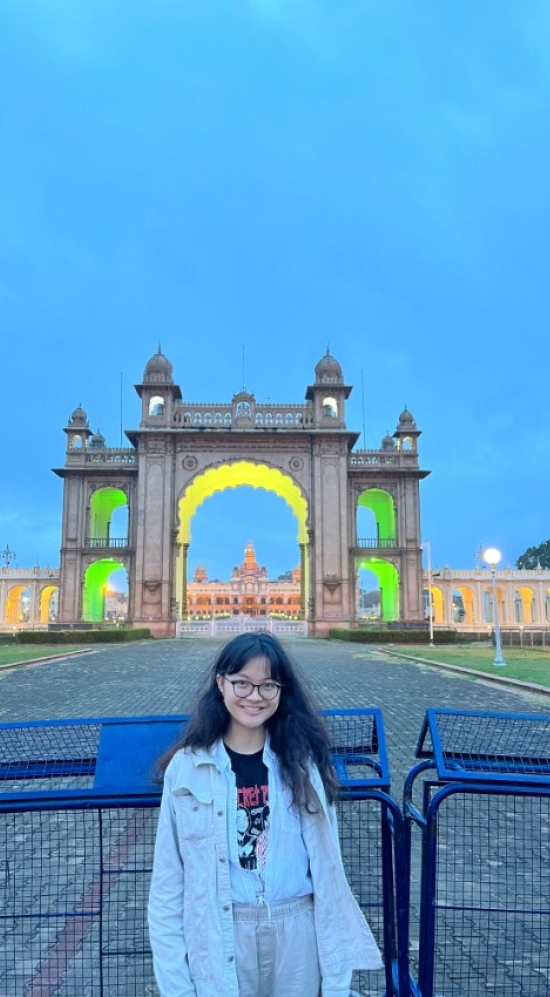Contributing to India’s existing and emerging needs, we provide MIT students and faculty an opportunity to be at the forefront of India’s research, technology, and innovation activities. By conducting research and participating in internships and workshops at India’s world-class companies, universities, research centers, startups and NGOs, MISTI India cultivates opportunities to learn through impact.
Program Offerings
Internships
A one-of-a kind, world-class experience to gain real-life work experience in India in leading companies, universities, research centers, start-ups and non-profits in environmental sciences & energy; research institute & public health; software development and solutions; urban planning & architecture; socioeconomic development and change
- GPA 4.0 or higher
- No language requirement
To make the most of your summer internship in India, consider these recommended MIT courses that will help build your foundational knowledge in the region's culture, development, challenges and opportunities.
Fall Courses:
- 1.813J/11.466/15.657/IDS.437J - Technology, Globalization and Sustainable Development
- 2.76/2.760 - Global Engineering: Green Machines
- 11.493 Property and Land Use Law for Planners
- 14.73 The Challenge of World Poverty
- 14.74 Foundations of Development Policy
- 17.524 State, Society, and Political Behavior in Developing Contexts
- EC.729 / 2.729 / EC.797 / 2.789- Design for Scale
- 2.652 / EC.712 / EC.782 (G)- Applications of Energy in Global Development
- 11.025 / 11.472 / EC.701 / EC.781- D-Lab: Development
- EC.718 / EC.798 / WGS.277- D-Lab: Gender & Development
- MAS.534J/HST.928J/MAS.S62 - Engineering Health: Understanding and Designing Affordable Health Diagnostics
- STS.023/WGS.226 - Science, Gender and Social Inequality in the Developing World
- WGS.101 Introduction to Women's and Gender Studies
- WGS.226[J]/ STS.023[J]- Science, Gender and Social Inequality in the Developing World
Spring Courses:
- 17.53 - The Rise of Asia
- 2.651/EC.711 - Introduction to Energy in Global Development
- 2.75J/2.750J/6.025J/6.525J/HST.552J - Medical Device Design
- 11.005 - Introduction to International Development
- 11.140 Urbanization and Development
- 11.167(J)/14.47/15.219/17.399 - Global Energy: Politics, Markets, and Policy
- 11.474 D-Lab: Water, Sanitation and Hygiene
- 17.581 Riots, Rebellions, Revolutions
- 21A.410 Environmental Struggles
- 21G.011 Topics in Indian Popular Culture
- 21G.022[J] International Women's Voices
- 21H.009 World History and Its Fault Lines Since 1800
- 21H.157[J] Modern South Asia
- 21H.357 South Asian Migrations
- 21H.358/21H.958 - Colonialism in South Asia and Africa: Race, Gender, Resistance
- 21H.S04 MIT South Asian Oral History
- WGS.145[J] Globalization: The Good, the Bad and the In-Between
- 21M.291 Music of India
- 21W.788[J] South Asian America: Transnational Media, Culture, and History
- EC.750 / EC.785 (G)- D-Lab: Humanitarian Innovation
- 2.651 / EC.711 / EC.791 (G)- D-Lab: Introduction to Energy in Global Development
- 2.722J / EC.720- D-Lab: Design
- 11.474 (G) / EC.715- D-Lab: Water, Sanitation, and Hygiene
- WGS.101 Introduction to Women's and Gender Studies
- WGS.109 Women and Global Activism in Media and Politics
Courses offered through MIT Open Courseware:
- 11.S940 - Development, Planning, and Implementation: The Dialectic of Theory and Practice
- 12.348[J]/15.026- Global Climate Change: Economics, Science, and Policy
- 15.218 Global Economic Challenges and Opportunities
- 15.227 - 15.229 Seminar in International Management
- 21G.040 A Passage to India: Introduction to Modern Indian Culture and Society
Our summer internship and research opportunities in India are listed on Handshake. Go to our employer page here.
Be sure to check back frequently as we update with more opportunities in India!
Travel Fellowships for Research Students
Students planning to conduct field research in South Asia in relation to their degree can apply for funding through the MISTI South Asia | India Program.
- Statement of interest
- A statement of interest should include your areas of interest, a timeline for your research, travel plans, and other source(s) of funding.
- For global classroom faculty led - per faculty requirements for the course
- Funding N/S
MISTI- India is offering a Global Classroom over IAP 2026!
Merging Science and Service by Treating Blind Children
- Where: New Delhi and Agra, India
- Application Opens: August 15
- Application Deadline: October 2 at 11:59 PM
- Contact: Megha Hegde (mhegde [at] mit.edu (mhegde[at]mit[dot]edu))
Global Teaching Labs (GTL)
MIT- South Asia (India, Nepal, Bhutan) has three GTL programs for 2026.
India GTL
Dates: Four weeks [January 5- 30]
Location: Bangalore
Living/stipend: Stipend provided; Housing provided
Language: No language requirement
Subjects: All STEM subjects, Entrepreneurship, Hackathon
Teaching format: Hackathon model; workshops, coaching
Spots: 2-3 MIT students; Students will work with local organizers to design and run a hackathon for highschool students. MIT students will also have the chance to plan and run STEM workshops.
Nepal GTL
Dates: Four weeks [January 5- 30]
Location: Kathmandu
Living/stipend: Stipend provided; Housing provided
Language: No language requirement
Subjects: All STEM subjects
Teaching format: Hands on lectures and workshops
Spots: 4 MIT students
Bhutan GTL
Dates: Four weeks [January 5- 30]
Location: Thimphu
Living/stipend: Stipend provided; Housing provided
Language: No language requirement
Subjects: Competition Math (International Math Olympiad coaching)
Teaching format: Bootcamp style lectures and coaching on IMO for a select group of Bhutanese highschool students.
Spots: 2 MIT students
Prerequisites: IMO experience
Areas of Research and Internships
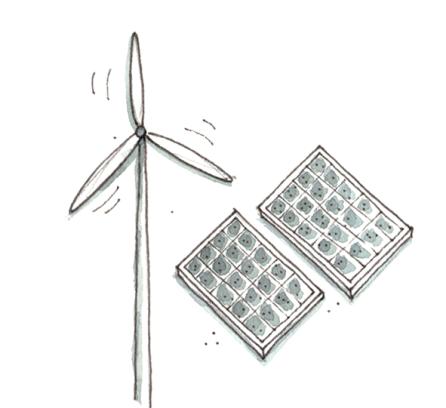
Environmental Science and Energy
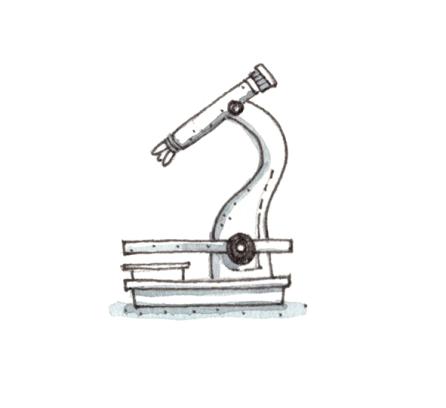
Research Institutes and Public Health
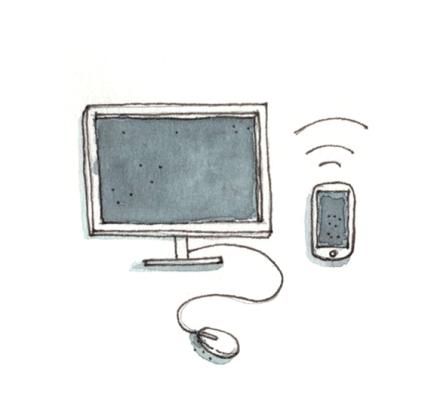
Software Development and Solutions
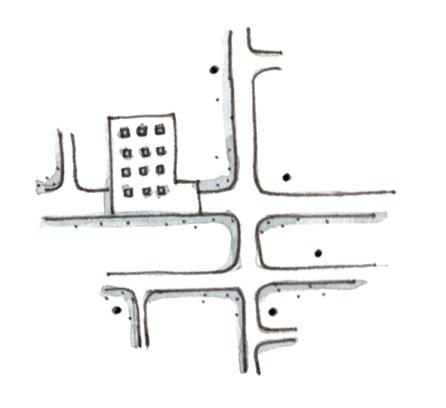
Urban Planning and Architecture
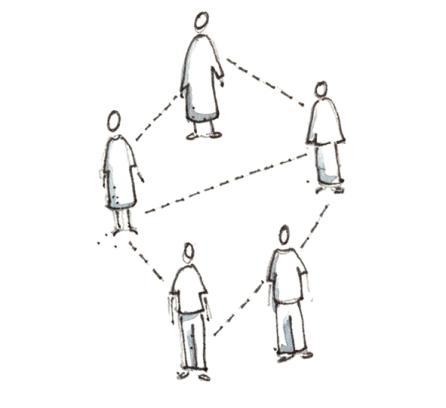
Socioeconomic Development and Change
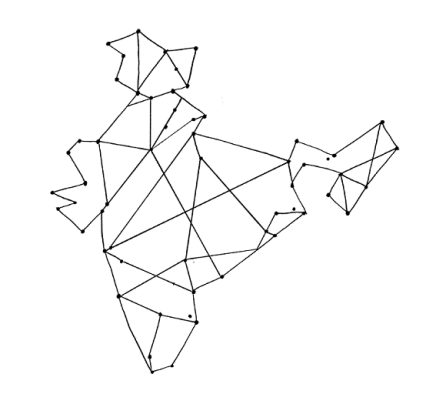
Internships and Research at MISTI India
Contact Us
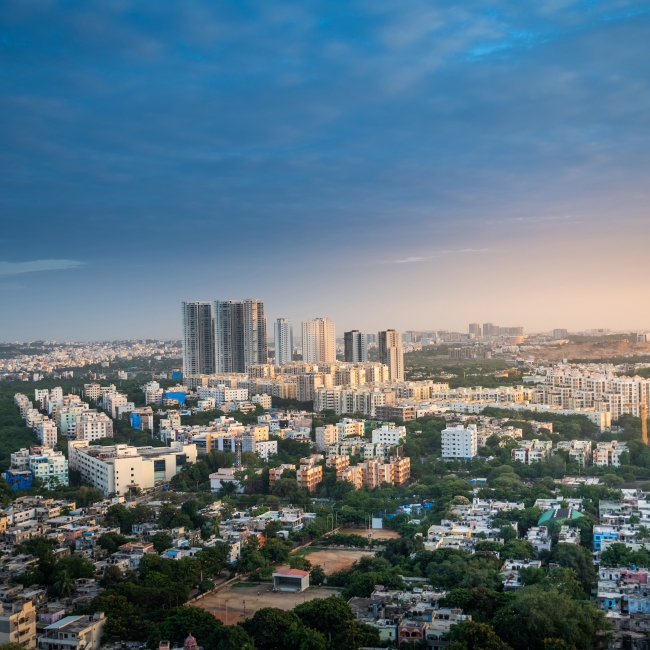
Any questions related to the MISTI India program, please email mit-southasia [at] mit.edu
Read More

Passions sparked and strengthened through seven MISTIs
Graduating in 2021, Richard Colwell, a materials science and engineering major and environment sustainability minor

Broadening horizons with Dr. Anjuli Jain Figueroa
MISTI got in touch with alum Dr. Anjuli Jain Figueroa to see how her MISTI experience has impacted her career path in
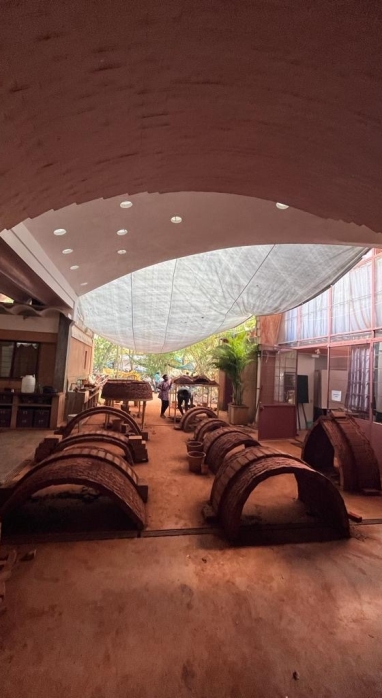
Charles Janson Summer 2023
This summer, Charles Janson (MArch '25) conducted an independent research project, Material Ecologies: A Study of Earth
